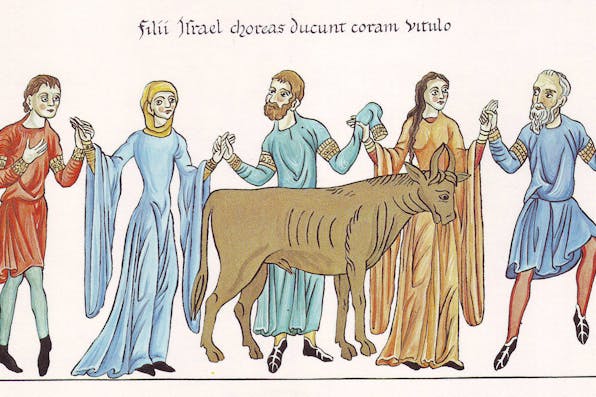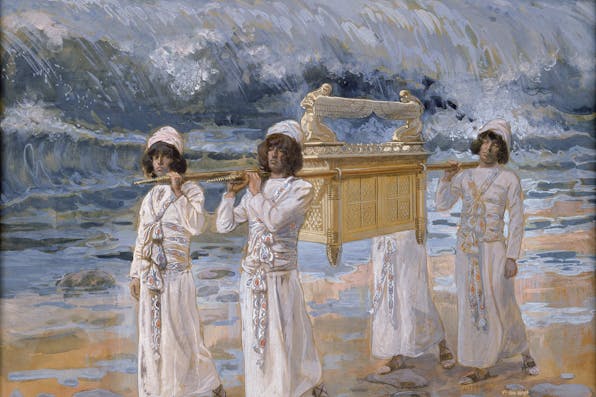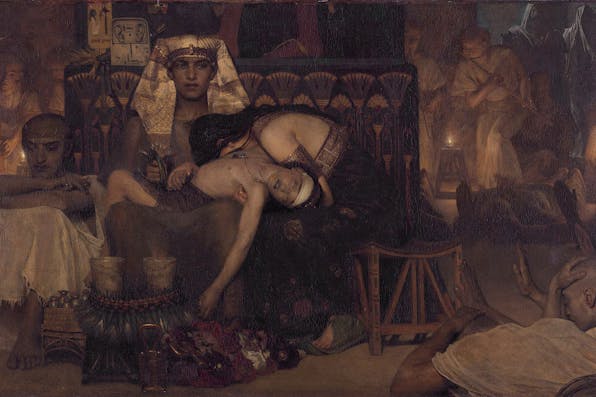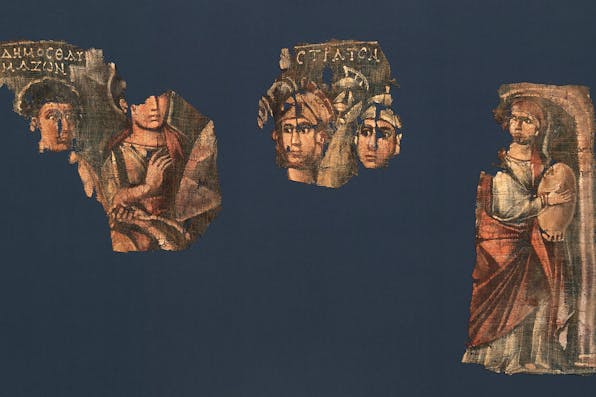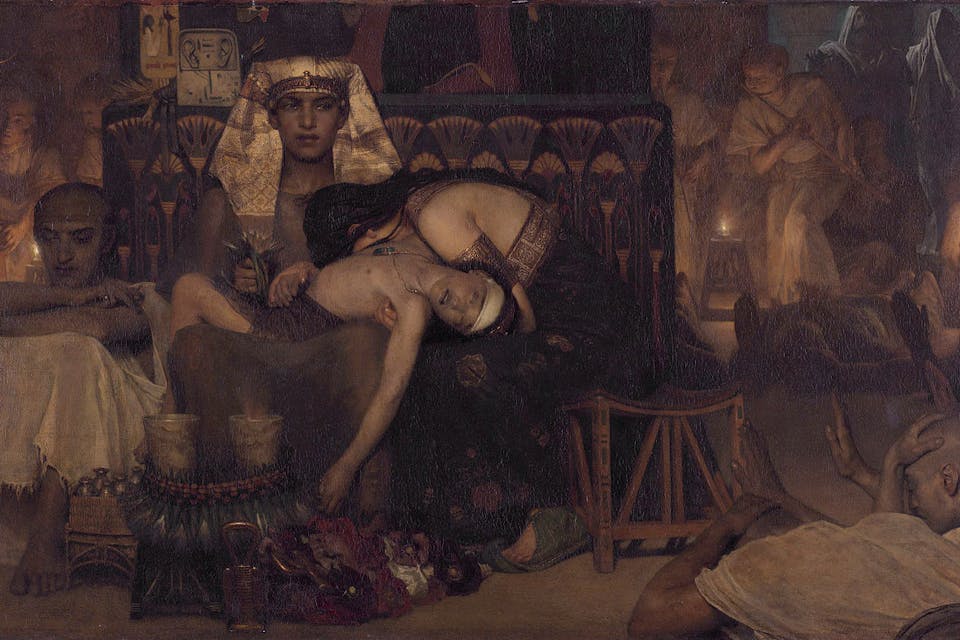
April 27, 2020
The Puzzle of Primogeniture
The conventional assignment of the family birthright to the firstborn comes under criticism in all of the family stories in Genesis; in Exodus, the issue becomes even more complicated.
In his essay “The People-Forming Passover,” Leon Kass has once again given us a probing reading of the Hebrew Bible, approaching the text with an openness to discovery, fostered by the fundamental questions that guide his inquiry. Here, as elsewhere, his perceptive attention to detail prompts us to think through issues of nature and law, politics and theology, the realm of the human and the divine. We see how and why The Beginning of Wisdom, Kass’s inspiring study of Genesis, has led to Founding God’s Nation, his eagerly awaited study of Exodus from which his essay in Mosaic has been drawn. As Kass argues here, focusing on chapter 12 and the early sections of chapter 13 in Exodus, the Passover ordinance represents the first national law of the Israelites: a definitively new political-cultural development, significantly beyond the parameters of the extended family that was the main subject of Genesis.
In dialogue with Kass and in the spirit of his reading, I offer some thoughts about the meaning of the “Lord’s Passover” as it unfolds in Exodus 12, and in particular, the consequences drawn from it at the opening of chapter 13.
Exodus 12 is set on the night before the departure of the children of Israel from Egypt after four centuries of bondage. At dusk on that fateful night, God instructs Moses that each Israelite household is to slaughter a sacrificial lamb and mark with its blood the side-posts and lintels of the house, thereby signaling a dwelling to be spared when the Lord passes through the land to smite all the firstborn of the Egyptians. The Israelites are to eat the roasted meat of the lamb together with unleavened bread and bitter herbs, their shoes on their feet and staff in hand, ready to depart in the morning.
